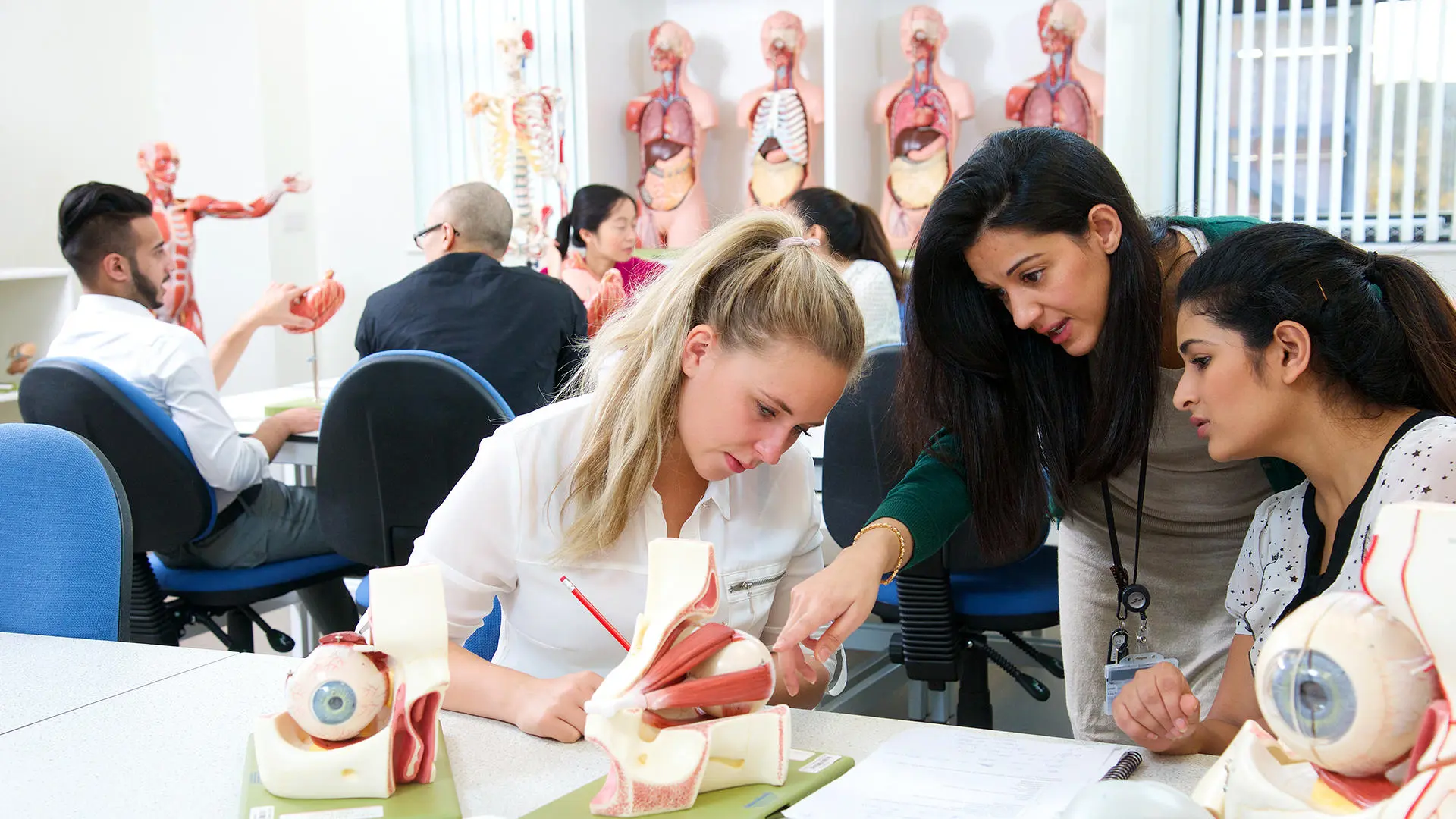I'm Amirreza, a 5th year Medicine & Surgery (MBBS) student. Medicine & Surgery can be a challenging degree, this is particularly the case if you are an international student and adapting to a new academic system. Here are some tips on how to succeed as a MBBS student.
1. Academic expectations: University courses in the UK (including Medicine) emphasise application of knowledge, critical thinking, and self-directed learning. Because of the amount of information you'll need to take in, it is not expected that you will know everything all at once. Study Medicine and Surgery is a marathon, not a race, so use critical thinking to understand which concepts have more clinical relevance and application to each task.
2. Participate, engage, and make the most out of opportunities: A lot of Medicine in the UK is taught collaboratively. You learn from and with others, so engage in group based discussions, and in case-based-learning (CBL) or problem-based-learning (PBL) sessions. Seek every opportunity and learn from everyone with any job role or grade. You are in charge of your learning and you set your own learning goals. Make sure to seek support when needed; support’s always available, but that initiative needs to come from you. Be an independent and motivated adult learner.
3. English: To succeed in your studies, a good knowledge of English is vital. This is particularly necessary to understand lectures, to perform well in written tasks and have strong communication skills. If English isn’t your first language, make sure to increase your exposure to it by watching, listening, or reading in English. Make sure to practice some academic writing with APA referencing. IELTS’ academic writing tasks are a good start (lots available online).

4. Exams in medicine: We have single best answer (SBA) exams, and practical exams. SBA exams ask a question with 5 answers to choose from. They all may be correct to an extent, but one is the best answer. This is why critical thinking and exam technique are really important. You'll be required to understand what the question is aiming to examine. Practical exams are known as OSCEs. In these, you will have a number of stations, with each station involving a different patient encounter, assessing different skills. With practical exams, the more practice you have with different scenarios, the better you will perform.
5. Balance: Medicine is a challenging degree, but you also need to look after yourself and have a good university experience. I believe time management is one of the key skills of any student or practitioner in healthcare. With good time management, you will be able to stay on top of studies, engage in extracurricular activities and societies, and have fun and enjoy your university experience. I make sure to regularly participate in my hobbies every week. Having some downtime, and allocating time to actively looking after your mental health will only recharge your batteries, allowing you to keep up with the course. Make the most out of the available student services at the University. Not only do we have specialist advisors, mental health counsellors, and pastoral staff. You will also have access to academic tutors who support with a variety of matters including support with study techniques, scheduling time, and planning revision.
I hope this gives you some insight around the basics of doing well in a Medicine and Surgery degree.
My final piece of advice is to be proactive and motivated with your studies. Make the most of the services and support the University provides and make the most of your University experience.
Find out more
- Course
Medicine & Surgery, MBBS

